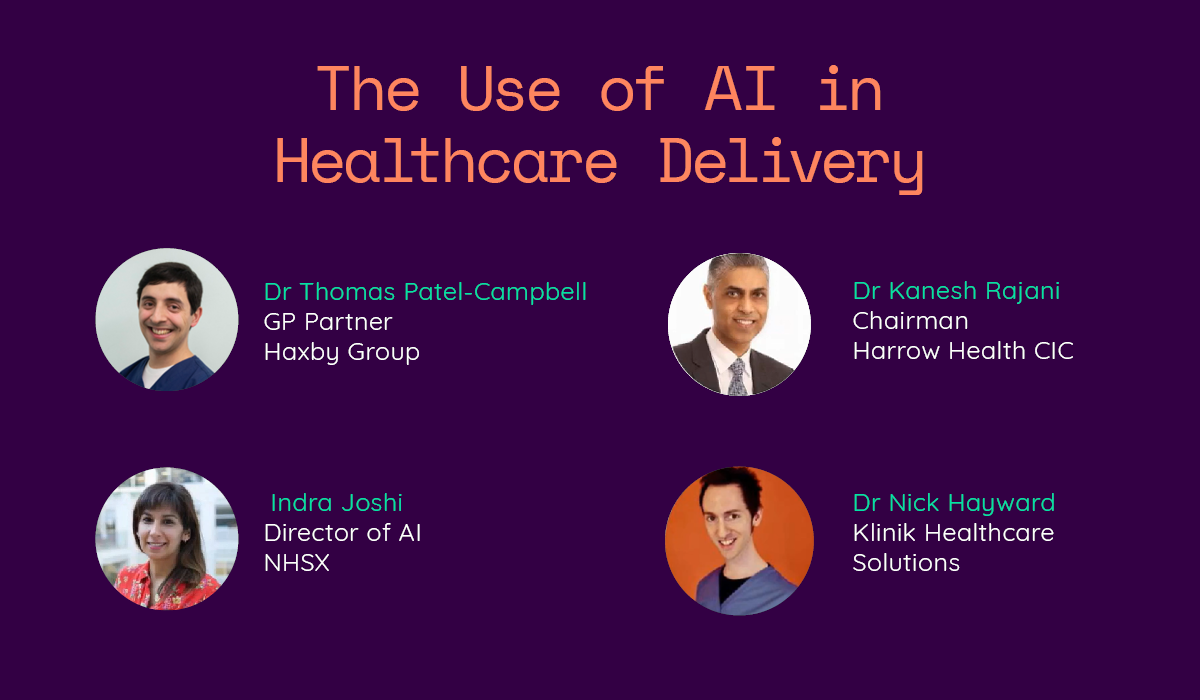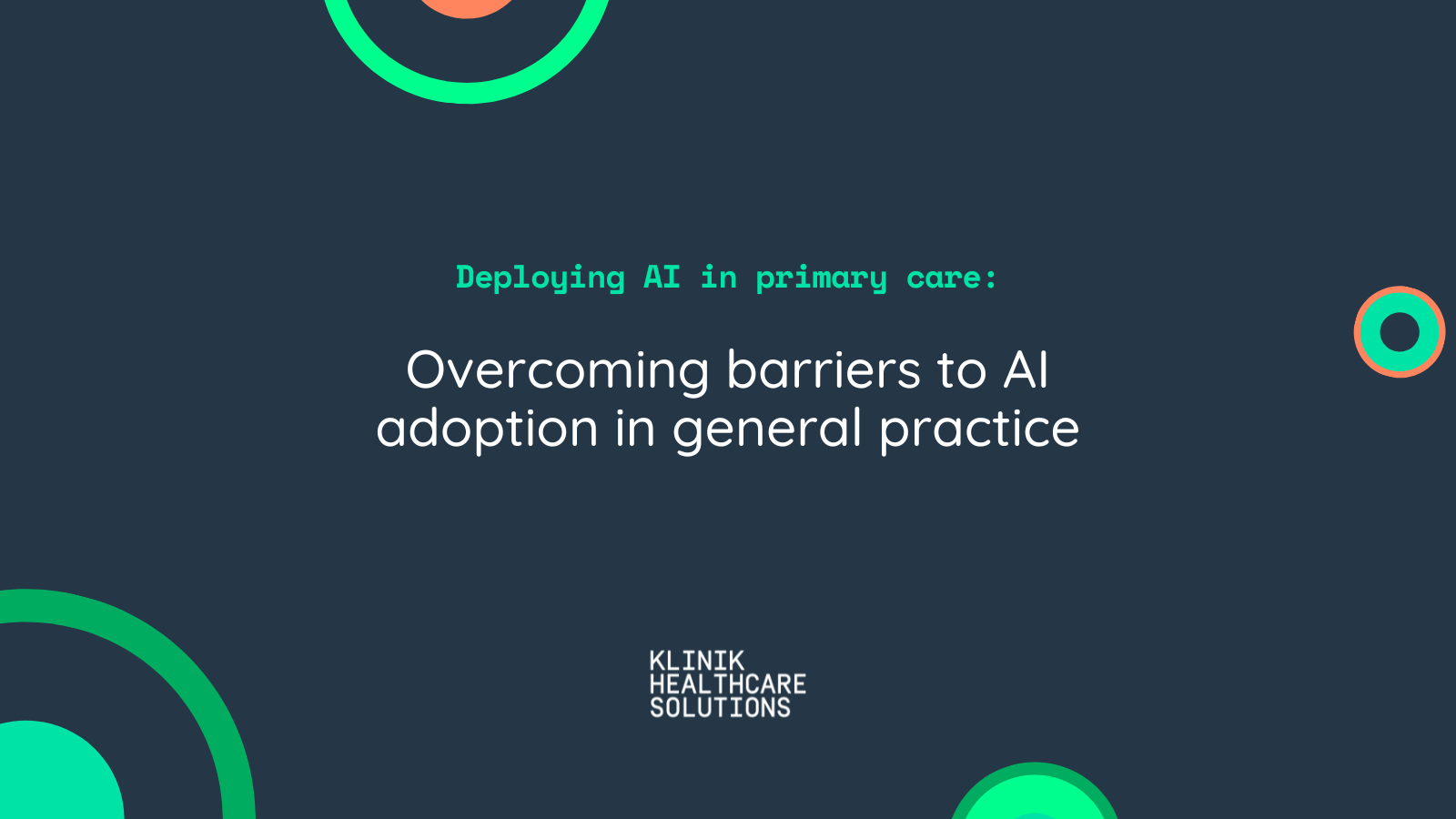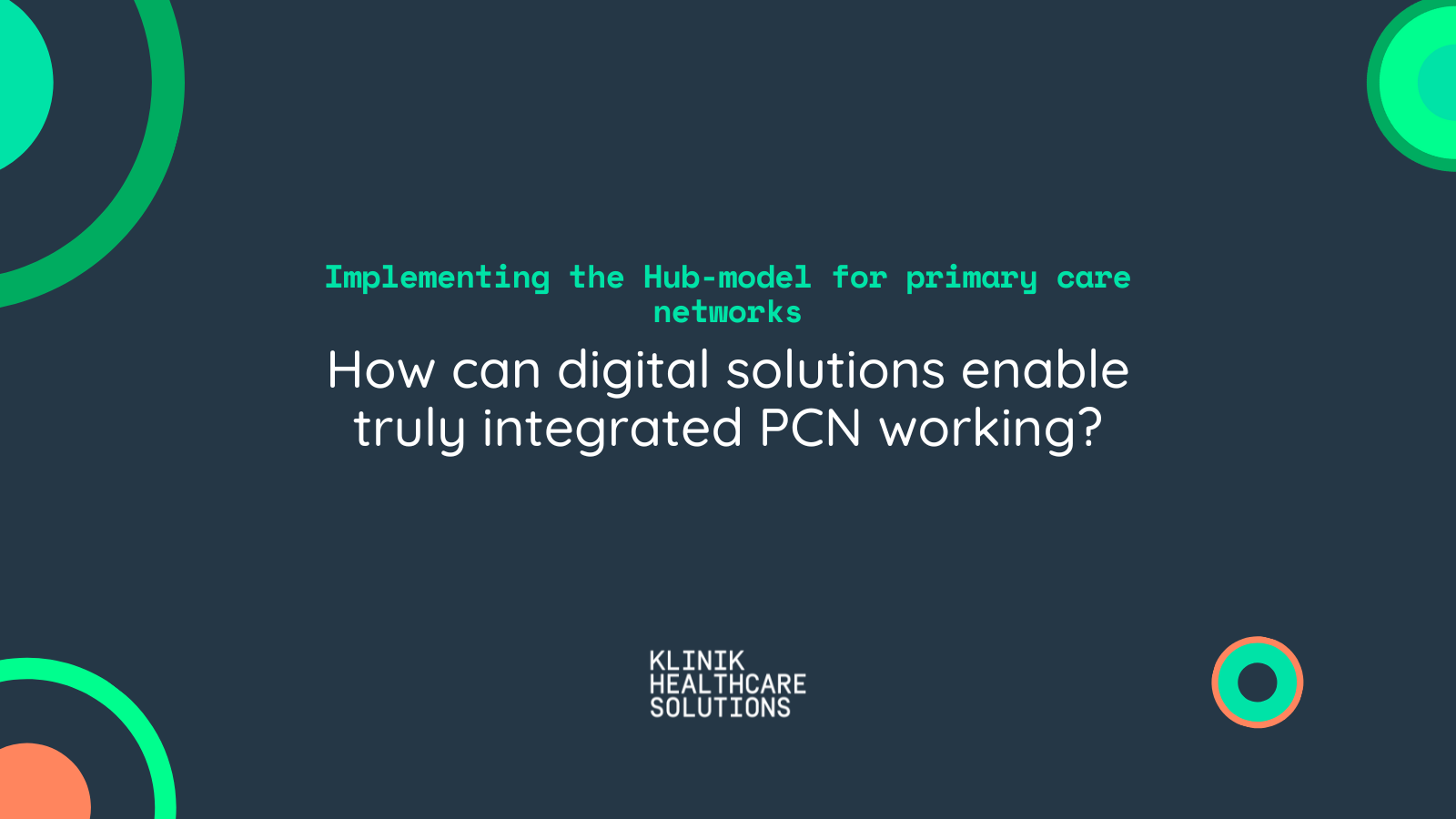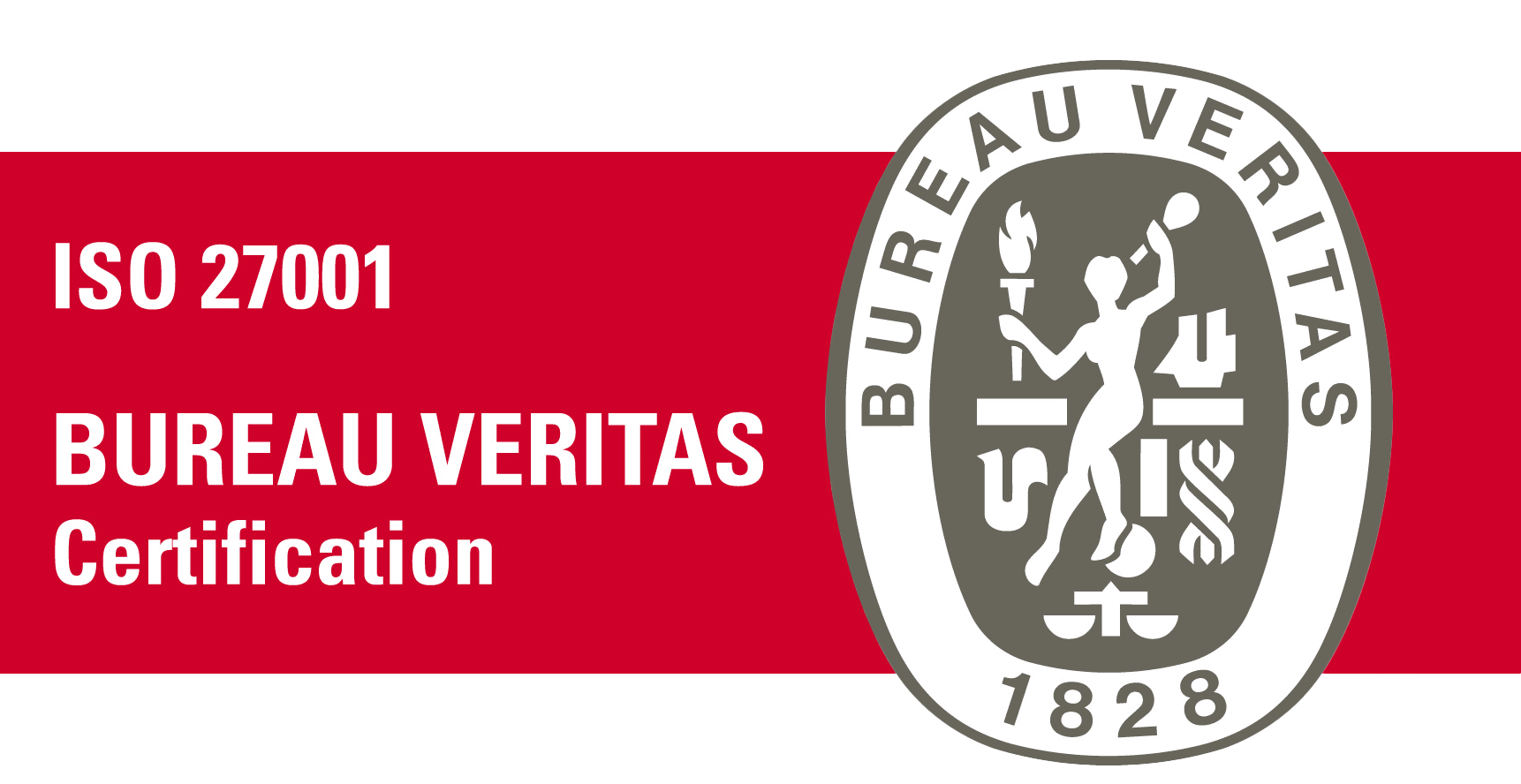How can AI technology help patients access care? (part 2 of 2)

Webinar summary part 2: On the final article on our recent webinar, we learn how GP groups across the UK are using AI triage to improve patient access to care
Our recent GovConnect webinar examined how GPs are using AI to enhance the delivery of care, which we covered in an earlier article. The session also looked at how patients were engaging with technology to access care.
AI technology improves patients access to care
The rapid shift to online triage in the NHS has raised very valid concerns over the equity of access to care. The GPs in this discussion recognised that AI technology needed to be part of blended approach to supporting patients with complex or accessibility needs. Haxby Group’s Dr Thomas Patel-Campbell said:
“We need to use these technologies to create efficiencies in primary care that release capacity for more traditional models of medicine. This can mean longer appointments for more complex patients, visiting housebound patients.”
The panel highlighted that AI triage platforms must enable patients with different language skills to communicate their concerns simply. NHSX director of AI Indra Joshi, explained how the NHS AI Lab is involved in a project called Data Lens, which is analysing the different ways in which people might describe their condition and combining these into the datasets.
Harrow Health GP Federation’s team indicated that their diverse register of patients find Klinik’s ‘symptom tree’ simple and easy to understand, and Dr Thomas Patel-Campbell added that patients with less technological or linguistic capacity can call the practice directly to speak with a care navigator, who can generate a Klinik enquiry on their behalf using the same system.
Encouraging patient uptake was also a result of positive user engagement. “If patients don’t find [systems] easy, they are not going to use them. It’s really important we build in patient feedback in the design and implementation of these systems,” Thomas remarked.
What did the webinar audience think?
A live poll revealed that 95% of attendees said that they felt positive about the role of AI in the future of patient flow management. One of the listeners asked how doubts over such technology could be overcome. Samson suggested that mindsets are already changing in favour of technology, since the Covid-19 pandemic has accelerated the adoption of online consultation and other remote care practices.
The panel and audience were clearly in agreement that AI has the potential to revolutionise primary care. As Thomas said, “we’ve got big challenges in primary care with the number of GPs we have, anything like these sorts of systems that can make us more efficient and effective are really important going forward.”
Technology will play a central role in the increasingly integrated, multi-disciplinary structure of primary care. As well as showcasing how AI is already being used to great effect by GP groups, the panel were eager to anticipate how this technology might be implemented into secondary care and beyond.
What about the future?
On the future of healthcare technology, the panel was unanimous that systems need to be interoperable and scalable. Thomas suggested that technology could “combine urgent and primary care, 111, walk-in centres and A&E to allow a single point of entry for patients and make sure they get the best outcome.”
The panel discussed whether the roll-out of AI risks pigeon-holing clinicians into limited cognitive frameworks, which may detract from their professional experience and expertise. Indra highlighted the misconception that AI is applied to the whole diagnostic process; she explained how AI is targeted to support clinicians at specific stages. “We call it the human in the loop. There's nearly always a human in the loop,” she said.
Regarding the ethics of AI, Klinik’s Dr Nick Hayward noted that the datasets used by AI technology mustn't bias the system and be appropriate to specific context in which they are used. Kanesh suggested that “aggregated datasets might be a way forward, so that you've got representation from all different groups so that you can actually analyse the data together.”
Watch the webinar here >>
Contact us to arrange a demo of how your practice could benefit from Klinik’s Total Triage solution.
Klinik Access is an online consultation & patient flow management software that directs patients to the optimal resource in primary care. The system’s unique algorithm interprets the person’s symptoms to make a provisional assessment, and estimates the urgency of the care needed. Based on this, the person is automatically referred to the right place for care to begin.








